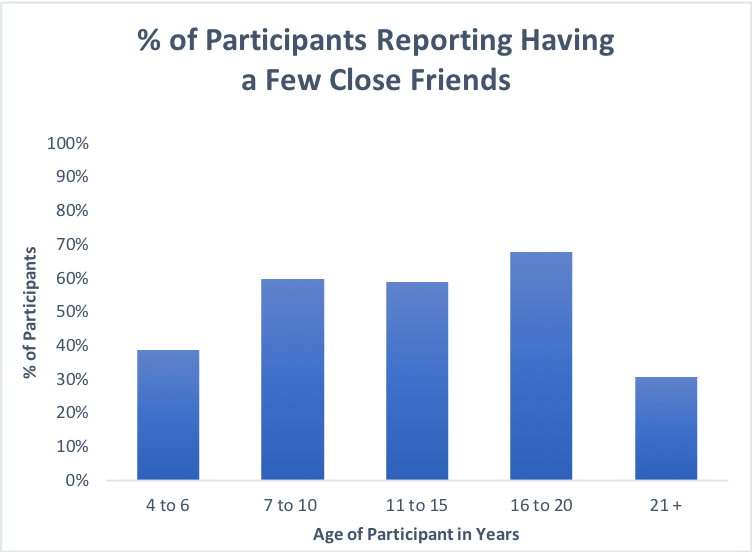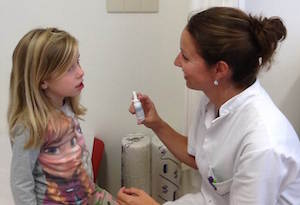Topics: Research
In 2015 FPWR co-funded a phase 2 study to investigate diazoxide choline controlled-release in patients with PWS. Results from the study were recently published in PLoS ONE and are summarized below.
The Foundation for Prader-Willi Research and the Prader-Willi Research Foundation Australia are jointly supporting a new research project, led by Dr. Nora Shields of La Trobe University, evaluating the effects of exercise training in individuals with...
In 1869, scientists isolated DNA for the first time. In 1953, they identified its double-helix structure. In the late 1970’s bone marrow transplantation was introduced, and entire immune systems (genes) were replaced as means to cure some blood cance...
Topics: Research
The Foundation for Prader-Willi Research announces our first round of Research Awards in 2019 totaling $786,000. FPWR is dedicated to supporting research that advances the understanding and treatment of Prader-Willi syndrome (PWS) and to that end, ha...
Topics: Research
A new study is now enrolling people with PWS ages 13 to 30 years old and their caregivers to participate in a study to evaluate the use of Mindfulness-based intervention for the treatment of temper outbursts. A live webinar was conducted May 6th whic...
Topics: Research
This blog is based on a presentation at the FPWR 2018 conference. You can watch the complete presentation by clicking on the embedded video. In case you don't have time to watch the full video, we've included a full transcript below. You can also wat...
Topics: Research
Most people with PWS are social and enjoy spending time with family and friends. However, making and keeping friends can be difficult for people with PWS. Because of food issues, people with PWS often need supervision and monitoring, which can make i...
Topics: Research
Researchers are making progress in evaluating the potential therapeutic benefit of oxytocin for PWS. Here, we review some of the most prominent research studies in this area and their implications for PWS.
Topics: Research















